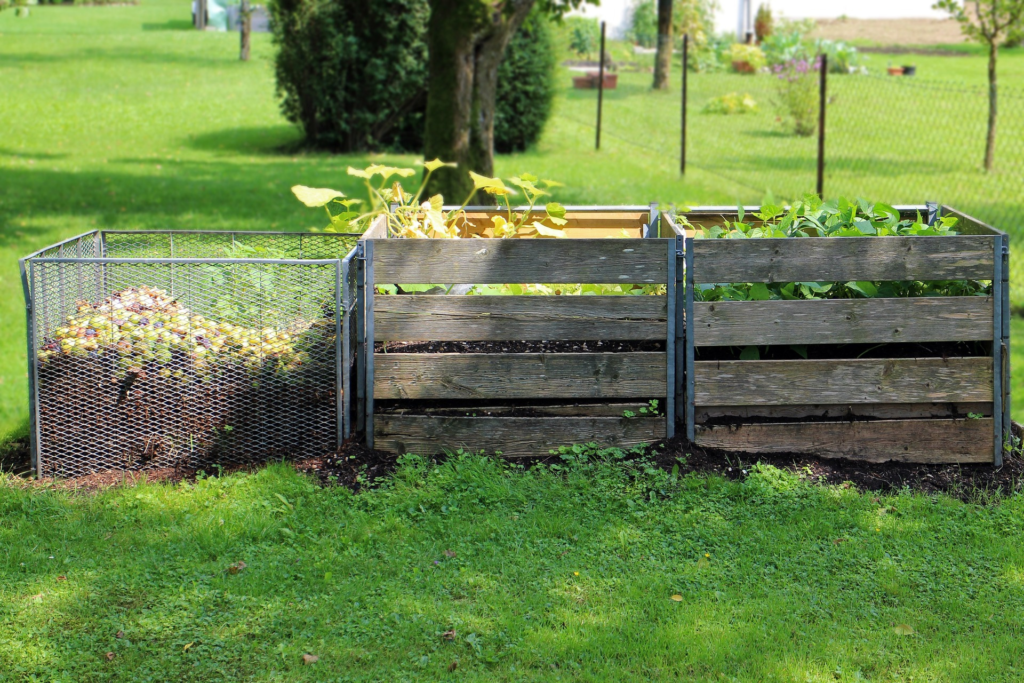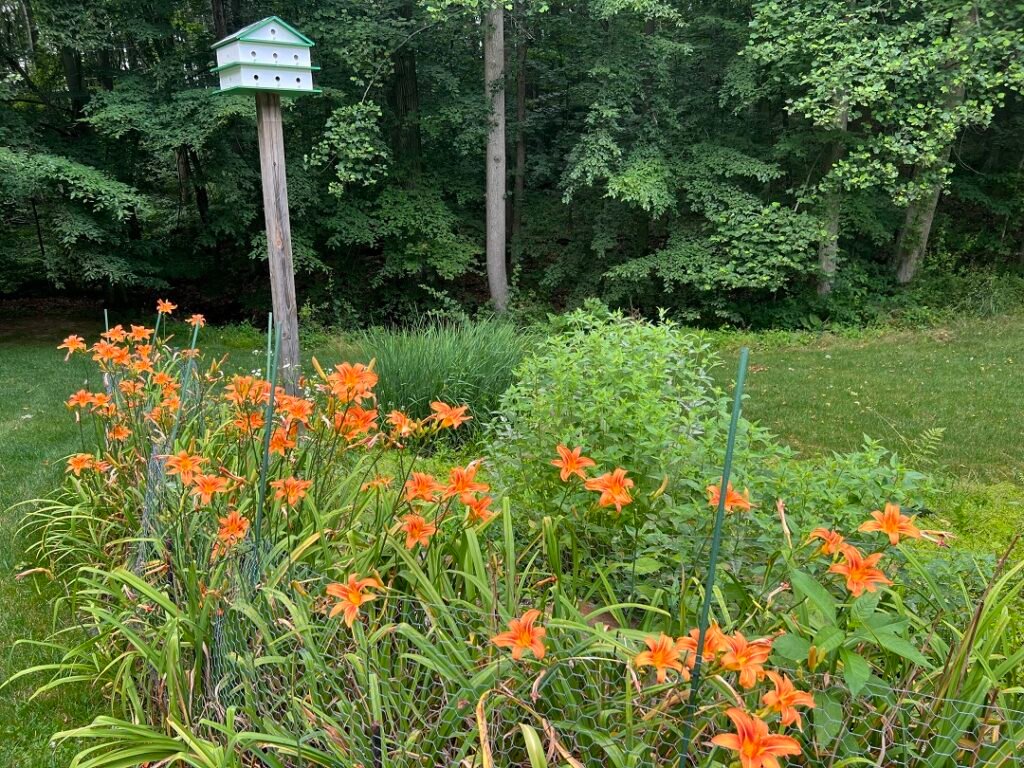Composting is a valuable practice that can transform organic waste into nutrient-rich soil for your garden. However, like any gardening endeavor, composting comes with its own set of challenges. In this blog post, we will explore common issues that composters face and provide practical solutions to overcome them. By understanding these challenges and implementing preventive measures, you can optimize your composting process and achieve successful results.
Understanding Composting Challenges
Before delving into specific solutions, it’s essential to understand the common challenges that composters encounter. Some of the typical issues include:
- Odor Problems: Foul smells emanating from the compost pile can be off-putting and indicate imbalances in the decomposition process.
- Pest Infestations: Insects, rodents, or other pests may be attracted to your compost pile, disrupting the composting process.
- Slow Decomposition: If your compost pile is taking longer than expected to break down, it may be due to improper conditions or lack of aeration.
- Excessive Moisture: Wet or soggy compost can lead to anaerobic conditions and unpleasant odors.
- Unwanted Materials: Adding non-compostable items or materials that disrupt the balance of the pile can hinder decomposition.
Solutions for Common Composting Challenges
- Odor Problems: Balancing Your Compost
To address odor issues, ensure a proper balance of green (nitrogen-rich) and brown (carbon-rich) materials in your compost pile. Avoid adding meat, dairy, or oily foods that can cause unpleasant smells. Turning the pile regularly and maintaining adequate aeration will help manage odors and promote healthy decomposition.
- Pest Infestations: Secure Your Compost
To deter pests from invading your compost pile, consider using a secure bin with a lid to prevent access. Avoid adding meat scraps or pet waste that can attract unwanted critters. Additionally, incorporating pest-repellent materials like citrus peels or coffee grounds can help keep pests at bay.
- Slow Decomposition: Optimize Conditions
If your compost is decomposing slowly, check the moisture levels and adjust as needed. Ensure proper aeration by turning the pile regularly to introduce oxygen and speed up decomposition. Adding activators like finished compost or commercial compost starters can also accelerate the process.
- Excessive Moisture: Drainage and Turning
To combat excessive moisture in your compost pile, ensure proper drainage by adding bulking agents like shredded newspaper or straw to improve airflow. Turning the pile regularly will help distribute moisture evenly and prevent anaerobic conditions that lead to soggy compost.
- Unwanted Materials: Educate Yourself
Avoid adding non-compostable items such as plastics, metals, or treated wood to your compost pile. Educate yourself on what materials are suitable for composting and stick to organic matter like fruit and vegetable scraps, yard waste, and eggshells.
Preventing Composting Challenges
While addressing challenges as they arise is crucial, prevention is key to successful composting. Here are some tips to avoid common issues:
- Proper Layering: Alternate green and brown materials in layers to maintain a balanced carbon-to-nitrogen ratio.
- Regular Turning: Turn your compost pile every few weeks to aerate the materials and promote even decomposition.
- Monitoring Moisture: Check the moisture levels of your compost regularly; it should feel like a damp sponge.
- Educate Yourself: Learn about what can and cannot be composted to avoid introducing harmful materials into your pile.
Conclusion
Composting challenges are a natural part of the process, but with knowledge and proactive measures, you can overcome them effectively. By understanding common issues like odor problems, pest infestations, slow decomposition, excessive moisture, and unwanted materials, you can implement targeted solutions to ensure successful composting outcomes. Remember that patience and consistency are key when facing challenges in your composting journey.
Disclaimer:
The information provided in this blog post is intended for educational purposes only. While we strive to offer accurate and helpful advice on overcoming common composting challenges, individual circumstances may vary. It is recommended to consult with gardening experts or local authorities for personalized guidance on managing specific issues in your composting process.





